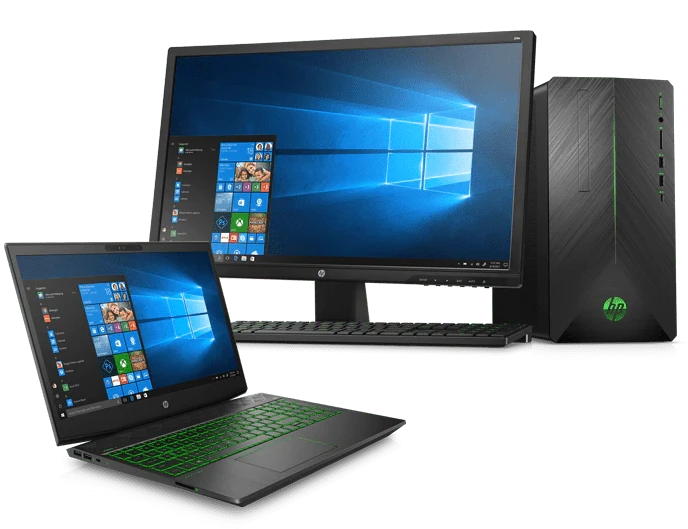Computer Repair
GadgetMates is the highest-rated local computer repair shop in Las Vegas and Henderson. We can resolve any issues with your desktop or laptop, whether it’s a PC or a Mac – Dell, HP, Lenovo, Macbook, or other brand. Our technicians are experts in all brands, including Dell, HP, Lenovo, Acer, Apple, and custom builds.
Whether you’re facing power issues, OS problems, need virus removal, or even custom builds and water cooling loops, we’ve got you covered. Contact us first for a free, no-obligation diagnostic and quote at (702) 444-0000.
PC & Mac Repair Near You
Why choose us? Our team of skilled technicians stays updated with the latest technological advancements through regular training. We provide diagnostic and repair services for all laptop and desktop brands and models. We prioritize quick turnaround times and offer upfront estimates before starting any work. Our repairs use only high-quality parts and are backed by a 30-day warranty. Customer satisfaction is our top priority. If you need computer repair services in Las Vegas or Henderson, give us a call. Locals recognize us as the go-to destination for advanced MacBook repairs.

Our Stores That Offer Computer Repair
GadgetMates – Silverado Ranch
9480 S Eastern Ave #175
Las Vegas, NV 89123
Phone: 702-444-0000
Directions
GadgetMates – Sunset Park
3095 E Patrick Ln Suite 3
Las Vegas, NV 89120
Phone: 702-444-0000
Directions
How It Works
Bring In Device
Stop by a store location
Free Diagnostic
We’ll test your device for FREE & provide a quote
You Decide
You can choose to repair or not. No obligation.
Services We Offer
FAQ
do you have a question?
You’ll see some of our most popular Q&A questions on this page. Don’t see your question answered? No problem!
Call our team or contact us and we’ll have a support specialist reach out to you.
About GadgetMates – Las Vegas Computer Tech
GadgetMates offers Las Vegas & Henderson residents customer service focused technical expertise when it comes to fixing your computer problems and getting the repair you need. As the leading local computer tech specialists, we are dedicated to providing exceptional service to our clients. Our expertise encompasses computer diagnostics, repairs, cybersecurity solutions, and staying updated with the latest advancements in technology. However, what sets GadgetMates apart is not just our technical proficiency. We understand that computer issues can be stressful and confusing, which is why our team is committed to not only fixing problems but also explaining them in a way that’s easy for everyone to understand. We take pride in building lasting relationships with our clients, bridging the gap between complex technology and everyday users.

